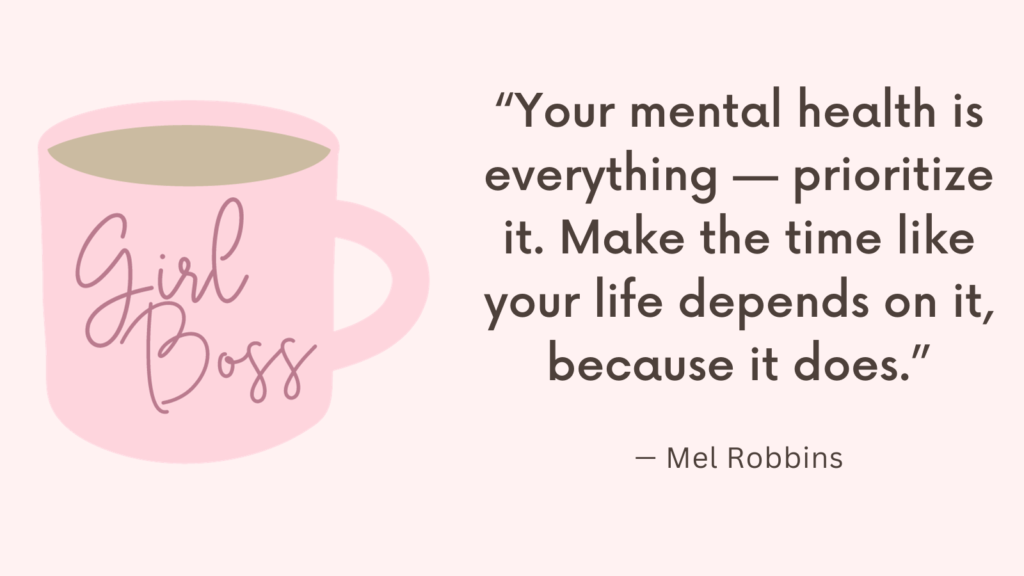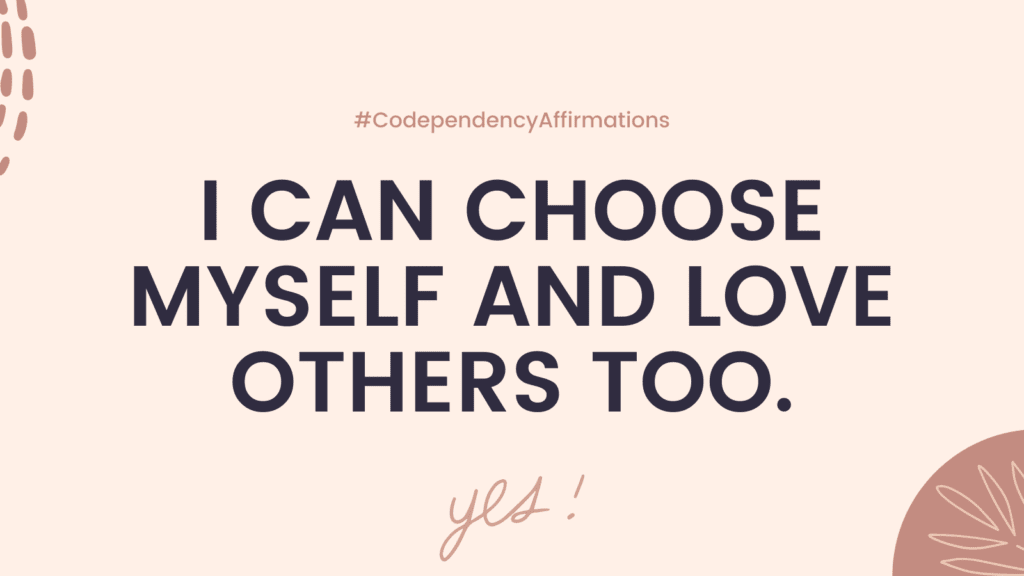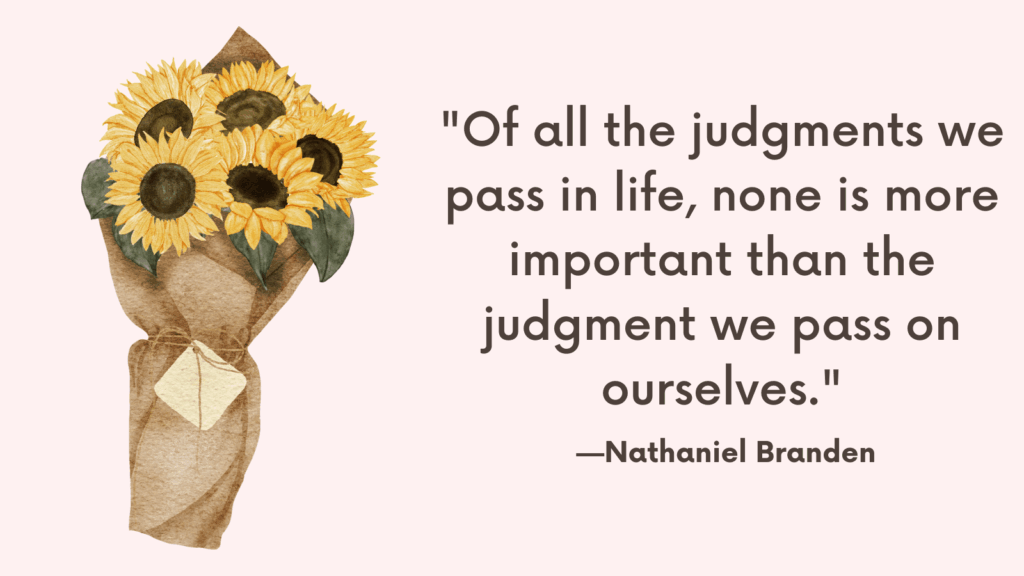In this post, you’re going to learn how to help an addict without enabling.
What Constitutes an Addiction?
According to the Diagnostic and Statistical Manual of Mental Disorders (DSM-5), which is a widely recognized diagnostic manual in the field of psychology, an addiction is referred to as a substance use disorder.
DSM-5 provides specific criteria to diagnose substance use disorders, including the following:
1. Impaired control: The person demonstrates an inability to cut down or control substance use despite a desire to do so.
2. Social impairment: Substance use results in failure to fulfill important obligations at work, school, or home; causes difficulties in relationships; or leads to social withdrawal.
3. Risky use: The person continues to use substances despite it resulting in hazardous situations, such as driving under the influence or engaging in other high-risk behaviors.
4. Pharmacological criteria: The person develops tolerance to the substance, requiring larger amounts to achieve the desired effect, or experiences withdrawal symptoms when substance use is reduced or discontinued.
5. Behavioral changes: Substance use leads to cravings or intense desire to use, spending significant time obtaining or recovering from substance use, or giving up important activities due to substance use.
To meet the criteria for a substance use disorder, a person must display a certain number of symptoms within a specific timeframe (e.g., within a 12-month period).
The severity of the disorder is determined by the number of symptoms present, ranging from mild (2-3 symptoms) to moderate (4-5 symptoms) to severe (6 or more symptoms).
It’s important to note that addiction is not limited to only substances.
DSM-5 also recognizes behavioral addictions, such as gambling disorder.
The diagnostic criteria for gambling disorder are similar to substance use disorders in terms of impaired control, social impairment, risky use, and behavioral changes.
Related: Caregiving vs Caretaking (The Savior Complex)
What Causes an Addiction?
The development of addiction is influenced by a combination of genetic, environmental, and individual factors.
While the exact causes of addiction can vary from person to person, here are some common factors that contribute to its development:
1. Genetics
Research suggests that genetics can play a role in addiction susceptibility.
Certain individuals may have a higher genetic predisposition towards addictive behaviors.
2. Brain chemistry
Addictive substances or activities can affect the brain’s reward system, leading to the release of neurotransmitters (such as dopamine) that create feelings of pleasure and reinforce the desire to repeat the behavior.
Over time, the brain may become dependent on these substances or activities to maintain normal functioning.
3. Environmental factors
Exposure to certain environmental influences, such as family dynamics, peer pressure, trauma, or a person’s upbringing, can increase the likelihood of developing an addiction.
Stressful life events or social conditions can also contribute to the vulnerability to addiction.
Related: Are You A Narcissist Enabler? (+Top 5 Tips On How to Avoid Becoming The Narcissist’s Enabler)
4. Co-occurring mental health disorders
People with certain mental health conditions, such as depression, anxiety, or personality disorders, may be more susceptible to substance use disorders.
Individuals may turn to substances or behaviors as a way to cope with their symptoms.
5. Availability and cultural factors
The availability of addictive substances, cultural norms around substance use, and societal attitudes towards addiction can all impact the development of addictive behaviors.
It is important to remember that while these factors can contribute to the development of addiction, they do not guarantee it.
Not everyone who experiments with substances or engages in certain behaviors will develop an addiction.
Each person’s experience is unique, and individual predispositions and circumstances also play a significant role.
Related: How To Overcome High Functioning Codependency?
How Addiction Affects Relationships?
Addiction can have a significant impact on relationships, causing various strains and challenges. Here are some ways in which addiction can affect relationships:
1. Trust issues
Addiction often involves dishonesty, secrecy, and broken promises.
This can erode trust between individuals, creating a sense of uncertainty and skepticism.
2. Communication breakdown
Addiction can lead to impaired communication, as the person struggling with addiction may prioritize their substance use or addictive behavior over open and honest dialogue.
This breakdown in communication can make it difficult for loved ones to express their concerns, needs, or emotions effectively.
Related: How to Recover From Codependency And Savior Complex?
3. Emotional distance
Addiction can cause emotional disconnection within relationships.
The person struggling with addiction may become emotionally unavailable or exhibit mood swings, making it challenging for their loved ones to connect with them on an emotional level.
4. Financial strain
The cost of maintaining an addiction can often lead to financial difficulties, affecting not only the individual but also their family and close relationships.
Financial strain can heighten stress levels and create conflicts over money management.
Related: Top 5 Tips On How To Recover From Love Addiction
5. Codependency
Loved ones may unintentionally enable addictive behaviors by constantly trying to protect or rescue the person struggling with addiction.
Codependency can emerge, creating an unhealthy dynamic where both parties become reliant on each other’s dysfunctional behaviors.
6. Neglect and abandonment
Addiction can cause individuals to neglect their responsibilities, including their familial and relationship obligations.
This neglect can leave loved ones feeling unsupported, neglected, and abandoned.
It is essential to remember that relationships can differ in how they are affected by addiction.
Related: Top 10 Signs Of Trauma Bonding & How To Heal A Trauma Bond
What Is Enabling?
Enabling, in the context of addiction, refers to behaviors or actions that unintentionally support or encourage an individual’s addictive behaviors or substance abuse.
Enabling often arises from a well-intentioned desire to help, but it ultimately can perpetuate the cycle of addiction and prevent the person from seeking the necessary help to overcome their struggles.
Enabling behaviors can manifest in various ways, such as:
1. Financial support
Providing financial assistance, whether it be giving money directly or paying bills, can enable an addict to continue their substance abuse without facing the consequences of their actions.
This can include bailing them out of financial troubles caused by their addiction.
Related: Best 17 Addiction Journal Prompts
2. Covering up or making excuses
Enablers may attempt to protect the addict from the negative consequences of their behavior by covering up for them or making excuses on their behalf.
This can involve lying to others, including family, friends, or colleagues, to protect the individual from facing accountability for their actions.
3. Minimizing or denying the problem
Enablers may downplay or deny the severity of the person’s addiction, dismissing their behavior as occasional or harmless.
This denial can prevent the person from recognizing the need for treatment and seeking help.
4. Removing or preventing natural consequences
Enablers may intervene to shield the person from the natural consequences of their addiction, such as legal or employment repercussions.
While well-intentioned, this prevents the individual from experiencing the full impact of their actions and can hinder their motivation for change.
Related: How To Step Out Of Denial? Top 10 Steps To Overcome Denial When The Truth Is Heartbreaking
5. Taking over responsibilities
Enablers often take on the responsibilities and duties that the person struggling with addiction should be managing themselves.
This can include tasks like cleaning up after them, doing their work or fulfilling their commitments, which can inadvertently enable the person to avoid taking personal responsibility for their actions.
6. Ignoring personal boundaries
Enablers may sacrifice their own well-being, emotional and physical health, and personal boundaries to accommodate the addict’s needs, even if it is detrimental to themselves.
This can lead to codependency and further entrench the addictive cycle.
By engaging in enabling behaviors, individuals unknowingly contribute to the continuation of the addiction.
It is important to remember that enabling behaviors are typically driven by a genuine concern for the well-being of the person struggling with addiction.
However, they can inadvertently hinder their progress towards recovery by removing the motivation to change and shielding them from the full impact of their actions.
To effectively support someone with addiction, it is crucial to find a balance between offering compassion and assistance while avoiding enabling behaviors.
Related: 4 Stages of Addiction (+FREE Worksheets)
How to Help an Addict without Enabling?
Here are some suggestions on how to help an addict without enabling them:
1. Educate yourself
Gain knowledge about addiction, its causes, and treatment options.
This understanding will enable you to approach the situation with empathy and make informed decisions on how to provide support.
2. Set healthy boundaries
Establish clear boundaries and communicate them to the individual.
This includes defining what behaviors are acceptable and what consequences may occur if those boundaries are crossed.
Consistently enforcing these boundaries will help maintain personal well-being while encouraging the person to take responsibility for their actions.
Related: What Do Boundaries Sound Like? + 35 Boundaries Examples
3. Avoid enabling behaviors
Recognize and refrain from behaviors that inadvertently support the addiction.
This may include providing financial assistance, making excuses for their behavior, or covering up the consequences of their actions.
By avoiding these enabling behaviors, you encourage the person to face the reality of their addiction and seek help.
4. Encourage professional help
Encourage the individual to seek professional help from addiction specialists, therapists, or support groups.
Offer to assist in finding resources, making appointments, or attending meetings together.
Professional intervention can provide the necessary tools and guidance for recovery.
5. Practice active listening
Create a safe and non-judgmental space for open dialogue.
Encourage the person to express their feelings and experiences related to addiction.
Active listening involves being present, validating their emotions, and offering support rather than criticism or judgment.
Related: How To Validate Someone’s Feelings Without Agreeing? (+Examples of Validating Statements)
6. Offer emotional support
Addiction can be a lonely and isolating experience.
Show empathy and compassion by actively supporting the individual emotionally.
Express your concern, remind them that you care, and be available to listen when they need to talk.
Emotional support can help them feel less alone and more motivated to seek treatment.
7. Encourage healthy coping mechanisms
Encourage the person to engage in healthy, alternative activities that promote well-being and stress reduction.
This may include exercise, hobbies, mindfulness practices, or creative outlets. Identifying and promoting positive coping mechanisms can replace the need for substances or addictive behaviors.
8. Foster a supportive network
Help the person connect with others who have experienced similar struggles or are in recovery.
Support groups, such as Alcoholics Anonymous or Narcotics Anonymous, can provide a sense of community, understanding, and accountability. Encouraging participation in these groups can offer valuable support during the recovery journey.
Related: 4 Essential Keys To Effective Communication
9. Take care of yourself
Prioritize self-care and seek support for yourself.
Helping someone with addiction can be emotionally draining and overwhelming.
It is crucial to set aside time to relax, engage in activities you enjoy, and seek support through therapy or support groups specifically designed for family members or friends of addicts.
10. Offer assistance in practical ways
While it is important not to enable financially, you can still provide practical assistance.
Help them research treatment options, accompany them to appointments, or assist with daily responsibilities they may be struggling with.
Offering assistance in ways that support their recovery journey rather than facilitating their addiction is key.
Related: 35 Self Care Saturday Ideas To Try This Weekend

Conclusion
Remember, addiction recovery is a complex process that requires professional guidance and individual commitment.
While your support can be crucial, it is essential to strike a balance between offering help and maintaining healthy boundaries.
Encouraging professional help, fostering open communication, and setting clear boundaries will go a long way in helping the individual without enabling their addictive behaviors.



